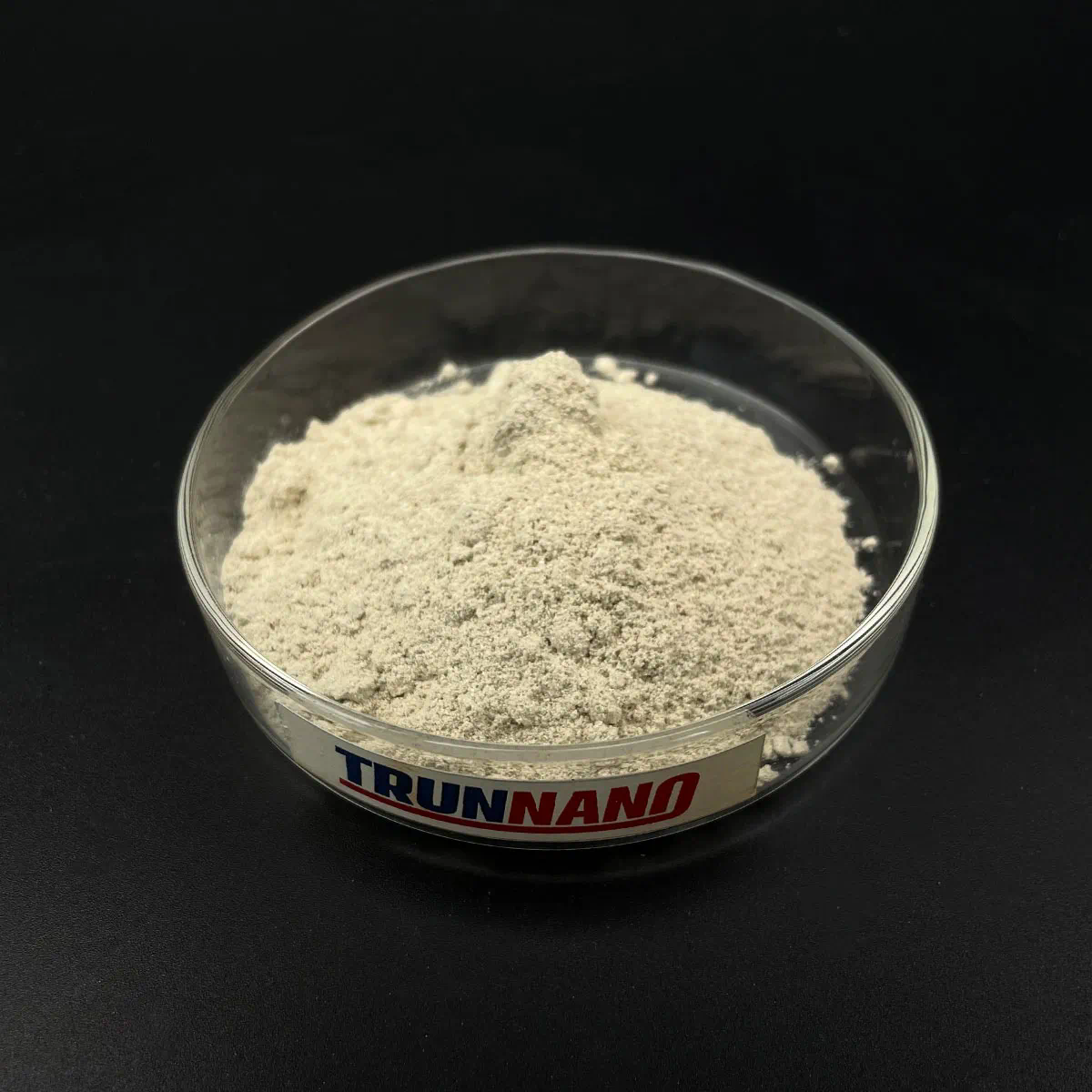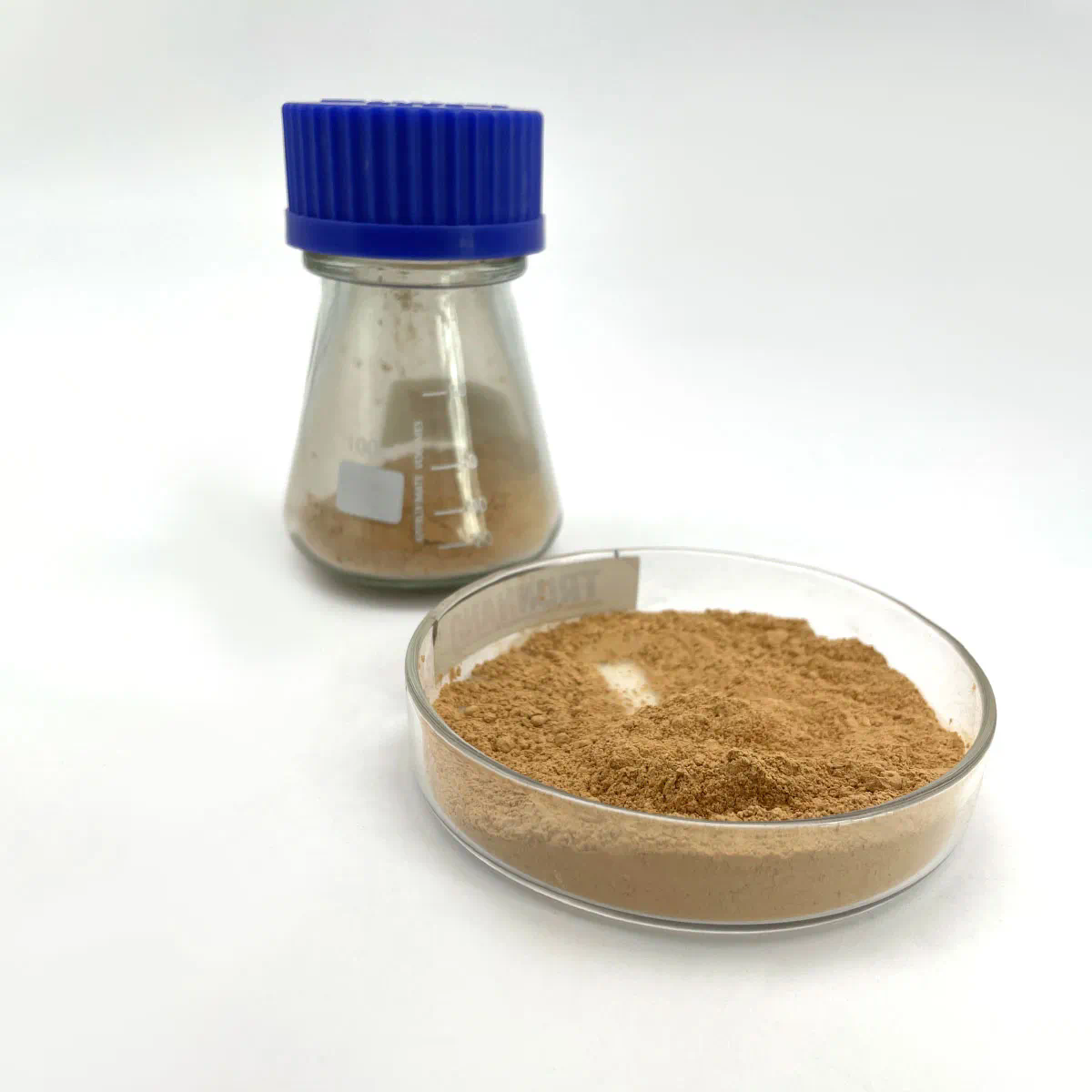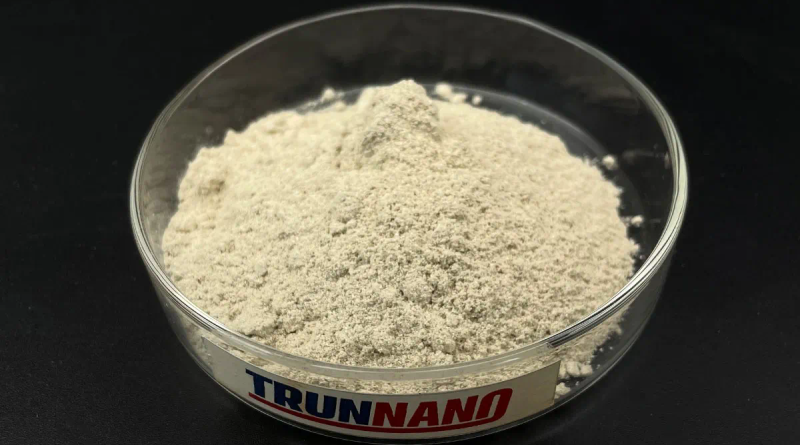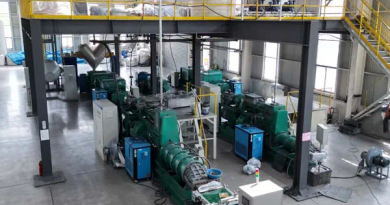Boron Carbide- Ultra-Hard Material for Defense Applications
Boron carbide (B4C) is renowned for its exceptional hardness and has garnered significant attention in defense applications. This ultra-hard material is not only one of the hardest known substances but also exhibits remarkable chemical and thermal stability, making it an ideal choice for various military uses. In this comprehensive article, we will explore the properties, manufacturing processes, applications, and future trends of boron carbide in defense contexts.
Boron carbide is synthesized from boron and carbon through a variety of methods including solid-state reaction and carbothermal reduction. The resulting material exhibits a unique crystalline structure that contributes to its hardness—measured at 9.3 on the Mohs scale. This places boron carbide just below diamond and cubic boron nitride in terms of hardness.
One of the most notable features of boron carbide is its lightweight nature combined with extreme hardness. This makes it particularly suitable for applications in body armor and vehicle armor, where weight savings are critical without compromising protection levels. The use of boron carbide in personal protective equipment allows soldiers to maintain mobility while ensuring high levels of safety against ballistic threats.
In addition to its application in armor, boron carbide is utilized in the production of neutron absorbers in nuclear reactors. Its ability to capture neutrons makes it valuable in controlling nuclear reactions, thereby enhancing safety measures in nuclear facilities. This dual functionality—serving both as a protective material and a critical component in nuclear technology—illustrates the versatility of boron carbide in defense applications.

The manufacturing processes of boron carbide can vary significantly, influencing its microstructure and, consequently, its mechanical properties. Various techniques, such as hot pressing and sintering, are employed to enhance the material’s density and hardness. Research into additive manufacturing, or 3D printing, of boron carbide is also ongoing, presenting new possibilities for tailored applications in military technology.
Boron carbide’s thermal stability is another attribute that makes it desirable for defense applications. It can withstand high temperatures without degrading, which is crucial for materials used in environments like missile components and aerospace technologies. Its ability to maintain structural integrity under extreme conditions further solidifies its role in advanced defense systems.
Furthermore, boron carbide plays a significant role in the development of advanced armored vehicles. With the increasing need for protection against various ballistic threats, the defense industry continues to seek lighter and more effective materials. By integrating boron carbide into composite armor systems, manufacturers can create multi-layered solutions that optimize protection without adding excessive weight.
The cost-effectiveness of boron carbide compared to other ultra-hard materials is also appealing to defense contractors. While synthetic diamonds and cubic boron nitride offer superior hardness, their high costs can hinder widespread adoption. In contrast, boron carbide provides a balance between performance and affordability, making it accessible for various military applications.
As geopolitical tensions rise and the demand for enhanced defense capabilities increases, the importance of advanced materials like boron carbide becomes more pronounced. Research and development efforts are focused on improving the properties Amorphous Boron Powder of boron carbide, including its toughness and resistance to fracturing. Innovations in processing techniques will likely yield improved products that meet the evolving needs of modern defense systems.

In conclusion, boron carbide stands out as an ultra-hard material with diverse applications in the defense sector. Its unique combination of hardness, lightweight nature, thermal stability, and cost-effectiveness makes it an ideal candidate for a range of military technologies. As advancements continue in the field of materials science, boron carbide will undoubtedly play a vital role in shaping the future of defense applications, ensuring that armed forces around the world remain equipped with the best possible protection and performance.
The future of boron carbide in defense applications looks promising, driven by continuous innovation and research. Collaborations between academia, industry, and military organizations will further enhance the understanding and application of this remarkable material. As we move forward, the potential for boron carbide to transform defense technologies remains vast, paving the way for safer and more efficient military operations.
https://hearingearly.com/




